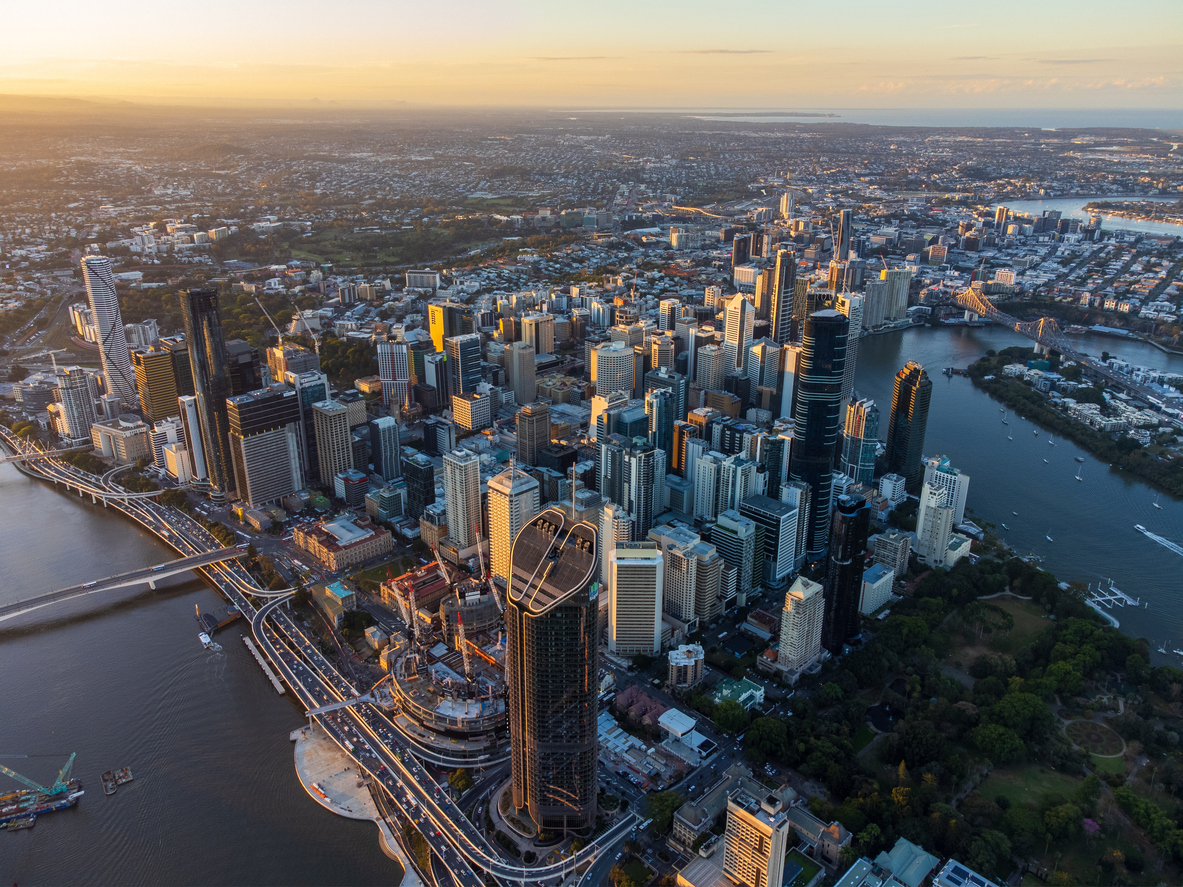
Welcome to this week’s Property News.
Real estate transaction activity is ramping up once more as investors gain further confidence in the economic outlook. Total sales over the 1st Quarter are likely to exceed the same period last year $6.6bn despite the impacts from COVID, however we are beginning to see a new normal emerge.
Industrial transactions are likely to exceed $2.5bn for the quarter, the largest on record, with weighted average cap rates in the mid 5%’s. Interest in the sector (despite its’ inherent risks) will continue to increase as investors jump on board the “last mile logistics” train.
On the other hand, the Office market is destined to record the lowest level of activity on record with less than $1.0bn in major transactions expected in the quarter. The Office market is struggling to make sense of values in a post covid era. Who knows where office demand will settle once COVID restrictions are completely relaxed?. There are risks in over-estimating rents and incentives post covid and these risks are being priced into current deals, with many vendors not yet ready to accept those same assumptions.
The push to get employees back to the CBD continues to be a major focus for Office landlords as the implications for a smaller office market are dire. The amount of available sub lease space is significant and vacancy rates are expected to increase.
Before COVID-19 hit, more than 1 million people worked in Australia’s CBDs, including more than 320,000 workers in Sydney, 220,000 in Melbourne and 120,000 in Brisbane. Today the picture much different. Public transport use is still about 35% lower in Sydney’s CBD and about 45% lower in Melbourne’s CBD.
Banks (who also have a vested interest) began a push this week, encouraging tens of thousands of workers to return to the office to help revive economic activity in struggling CBDs of Melbourne and Sydney. NAB boss, Mr Ross McEwan has been telling NAB staff he wants them back in the office at least two to three days a week, while supporting flexibility to work from home or elsewhere.
A lot more work is still required to re-fill the buildings and retain values.
Retail transactions are at a low level due an absence of major regional centre sales as discretionary retailers in the larger malls are also struggling to survive. Non Discretionary focused Neighbourhood Centres and Large Format Centres continue to find a sources of capital.
Alternative sectors including Healthcare, Childcare, Storage and Built-to-Rent are becoming more meaningful sectors for larger investment groups as investors grapple for replacements to traditional core sectors.
We expect investment activity in the 2nd quarter to exceed $10bn, well short of the 2019 high of $12.6bn but much higher than the first quarter. The expected sale of the Blackstone Milestone portfolio will be a significant contributor to Q2 sales, as will the sale of assets in the AMP Capital portfolio and other major assets already on the market.



